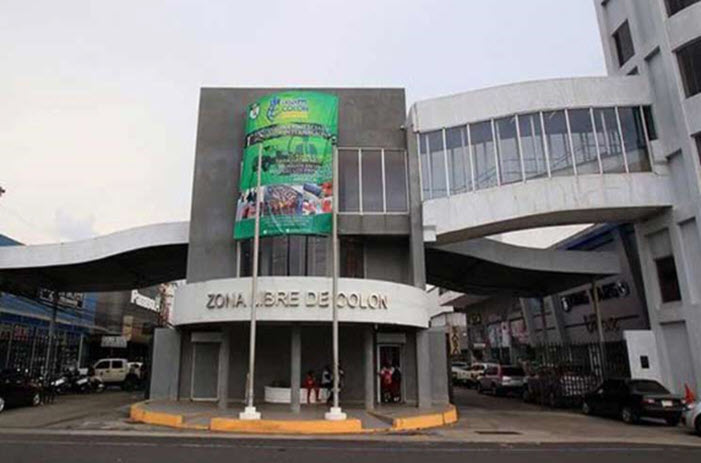The recovery of the Colon Duty-Free Zone (Zolicol) in Panama´s Caribbean was sustained during the period June-November 2018 and the zone’s administration celebrates today because it considers it a triumph of international trade.
Without including December results, this year the trade movement in values was of 19 billion 641.1 million dollars, 9.5 percent more than the January-November period of the preceding year, according to Zolicol statistics.
When it is analyzed month by month, a stable growth is registered from June to November, with sustained high figures in several months, pointing to a global recovery of the duty-free area.
Since August, 2017, the direction of the biggest duty-free zone of the continent introduced a strategy of strengthening and modernization, attracting new buyers, development of logistic operators and promotion of the buying tourism, mainly from Central America and the Caribbean.
This last aspect confronts the Customs with Zolicol at present, as the former director of the customs authority, Jose Gomez, when presenting his demission accused the duty-free zone before the Prosecution of engaging in non-authorized retail sales to tourists, but the accused respondig with the law that authorizes them, as long as the destination of the merchandise is abroad.
It is the responsibility of Customs to ‘control the adequate destination of the products’, while ‘our mission is that of open doors and believe the communication with the public and private sectors is essential to guarantee concrete results and to keep strengthening the duty-free zone’, says a note of Zolicol.
The crisis of the septuagenarian zone, located in the Caribbean city of Colon, started in 2013 and until December, 2016, business fell by 36 percent, representing losses of 10 billion 874 million dollars, essentially due to debts with Venezuelan companies and Colombia’s protectionism, according to authorities.
On this issue, the general manager of Zolicol, Manuel Grimaldo, declared recently to Prensa Latina that in only four months they managed to revert ‘the red figures he received when he assumed the post on August 9, 2017, while ‘at the end of that year we achieved a feeble growth rate of 0.3 percent and thus, stop the fall’.
Economists said the fall was due to world economy deterioration, whose ralentization was a record 2.2 percent in 2016, the lowest since the crisis of 2009, which had an impact on international trade.
According to non-official figures, that situation made an impact of Colon families, when generating a dismissal of nine thousand workers.
